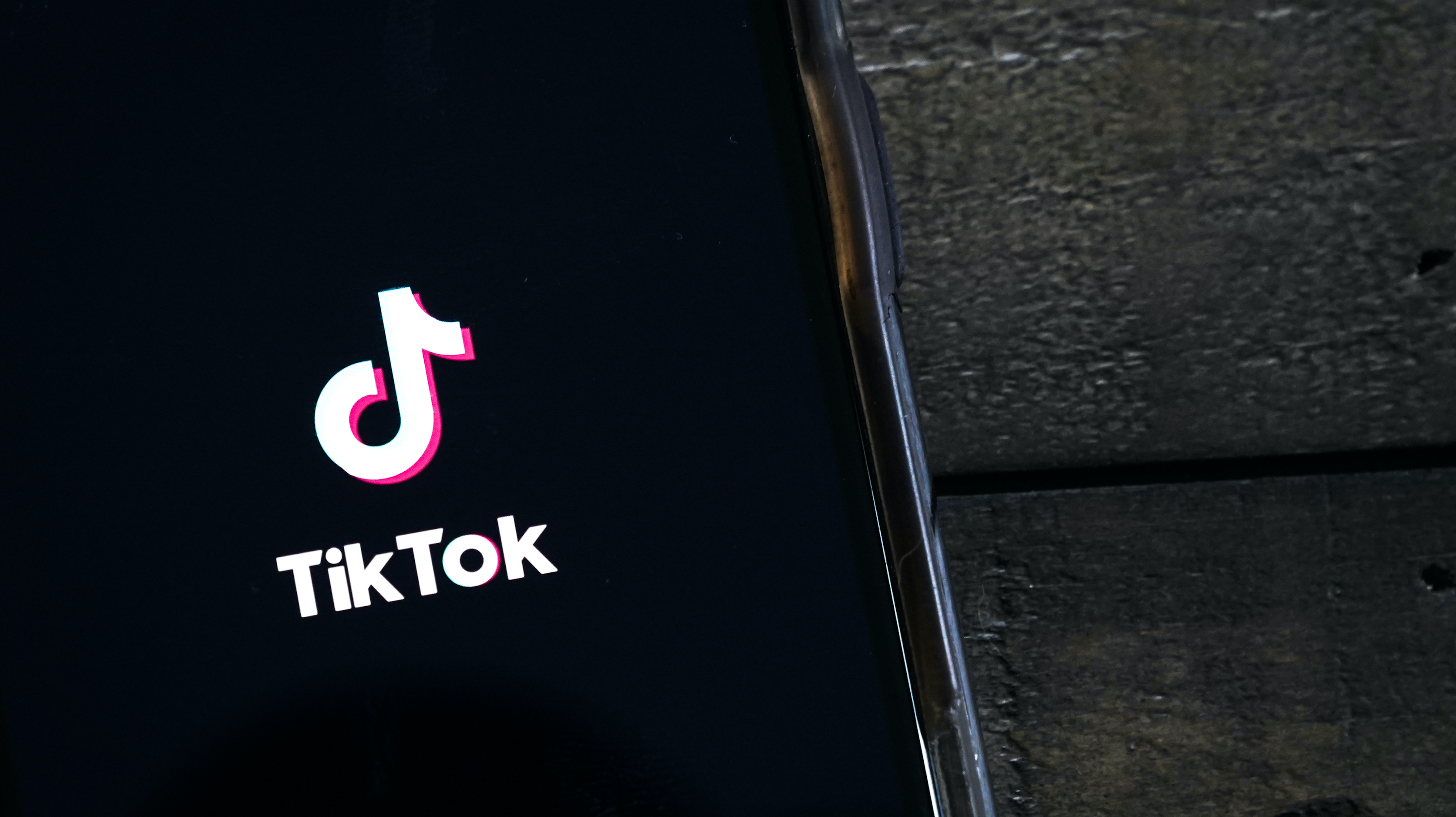Pop music misses recessionary notes
TEXT OF INTERVIEW
Kai Ryssdal: Retail sales of almost every stripe have slowed down in this recession. Music as much as anything. Fewer albums are selling. More people are pirating songs or listening for free. But you don’t hear a lot about the recession in pop music itself. In hip hop, yes. In country, yes, on occasion. Even movies and television shows are dealing with the economy head on. But the Top 40 has turned a blind… ear, if you will. To find out why we got David Prince on the line this week, he’s the news editor for Billboard.com.
DAVID PRINCE: Music in a lot of ways is particularly escapist, especially the music that makes its way to the top of the charts. If you look at “Boom Boom Power,” or “Poker Face,” or Lady Gaga, it’s just dance, you know, the messages of the songs are very much about ignoring everything else.
Ryssdal: But recession-themed music doesn’t have to be a downer, right? I mean, if you look at, from last year, “Empire State of Mind,” Jay-Z and Alicia Keys, right, that was not a bad tune.
EMPIRE STATE OF MIND: I’m from the Empire State that’s…. In New York. Concrete jungles where are made of, there’s nothing you can do…
PRINCE: And I gotta say that it was one of last year’s best songs. It’s an anthem. And of all the songs that even come close to addressing what people are thinking about the recession, this one it spent five weeks at number one on the Billboard 100, it sold over 3 million downloads alone. They performed it at the World Series. The fact that it really took on the recession but from the idea that something good can come out of it. Not taking a really negative slant on it, but taking a real positive inspirational slant on it I think is notable.
Ryssdal: I’m going to play another one for you here. “I Hate My Job” by Cam’ron.
I HATE MY JOB: Ay yo, I’m looking for a job. Ain’t nobody hiring. Then I asked the boss, what y’all doing firing?
Ryssdal: Also, not a bad tune that did pretty well.
PRINCE: It came out pretty recently so it may do better once his album comes out. If you look at the video, I mean, he’s sitting there with the want ads looking for a job. You don’t see that in popular music pretty much at all.
Ryssdal: Is that because people just want pop music to be this thing that gets them out of their current troubles?
PRINCE: I certainly don’t think they want their rap stars to be portrayed as unemployable.
Ryssdal: What about their country singers? We’ve got “Shutting Down Detroit” by John Rich cued up here.
SHUTTING DOWN DETROIT: Cause in the real world they’re shutting Detroit down. While the boss man takes his bonus pay and jets on out of town.
Ryssdal: Now, country music is a little bit about losing your house and your dog and your car and your girl and your job and all that stuff, but it does sort of speak to what’s going on.
PRINCE: Absolutely. I mean it’s hard to argue with anybody complaining about that. There’s these big companies and while people are getting laid off the management is making their bonuses. I mean that’s the most politically-charged song I can think of that’s done this, and whether I like the music or not is sort of irrelevant.
Ryssdal: Oh, everybody likes a good country song, c’mon.
PRINCE: Everybody likes a good… a good country song.
Ryssdal: What about indie music? I mean some of the folks out there just doing their own thing.
PRINCE: You know, I think of indie music in a lot of ways as the most elitist and the most ignoring the recession and the economic realities. Because if you have the opportunity to really pursue a music career in this day and age and do nothing else, then you probably have some expendable income.
Ryssdal: Expendable income. So it’s kids who have some money, basically.
PRINCE: Indie yuppies is a phrase I think of a lot when I’m reading Pitchfork.
Ryssdal: David Prince. He’s the news editor at Billboard.com. David, thanks a lot.
PRINCE: Hey, thank you.
There’s a lot happening in the world. Through it all, Marketplace is here for you.
You rely on Marketplace to break down the world’s events and tell you how it affects you in a fact-based, approachable way. We rely on your financial support to keep making that possible.
Your donation today powers the independent journalism that you rely on. For just $5/month, you can help sustain Marketplace so we can keep reporting on the things that matter to you.


















